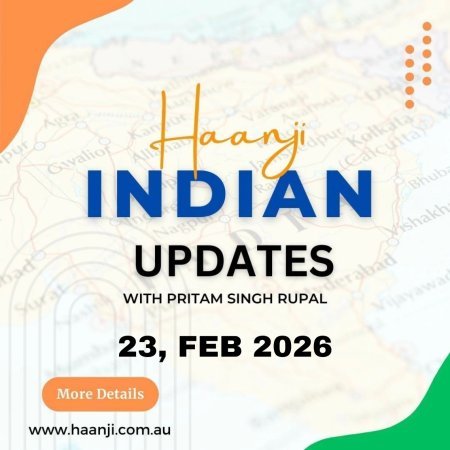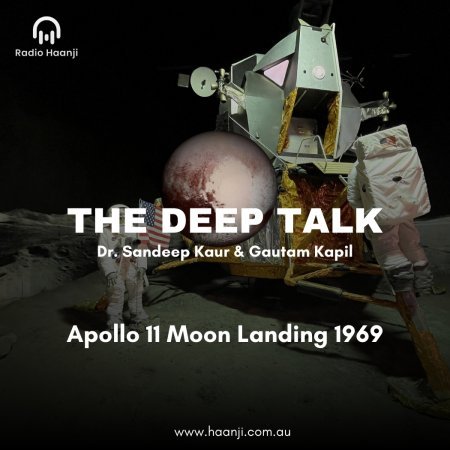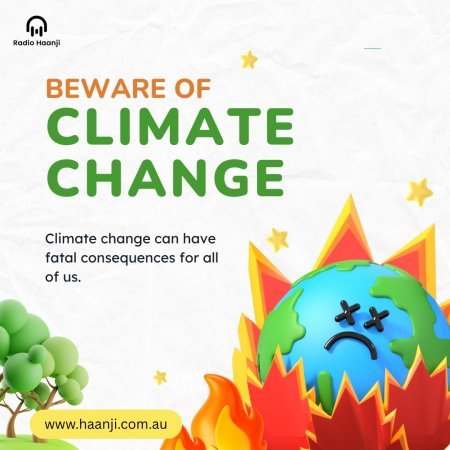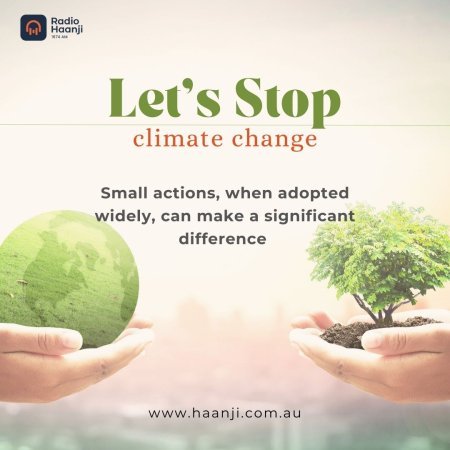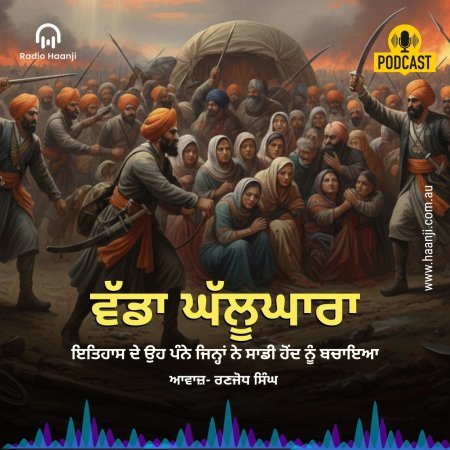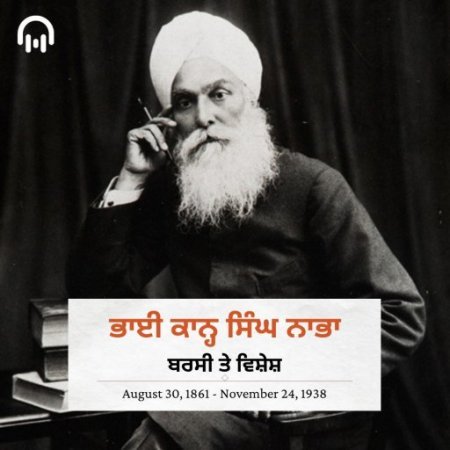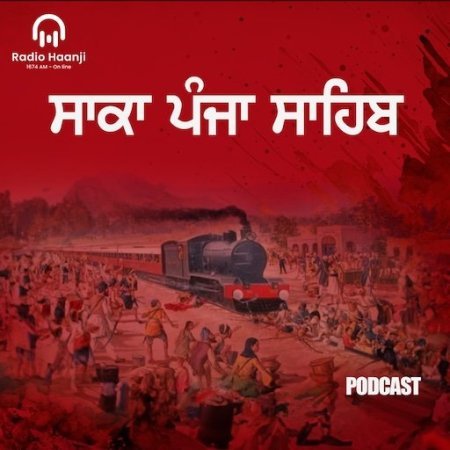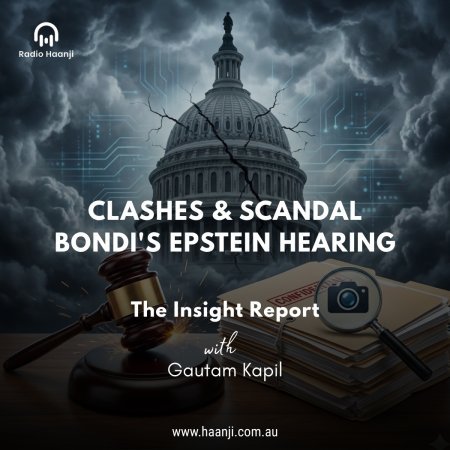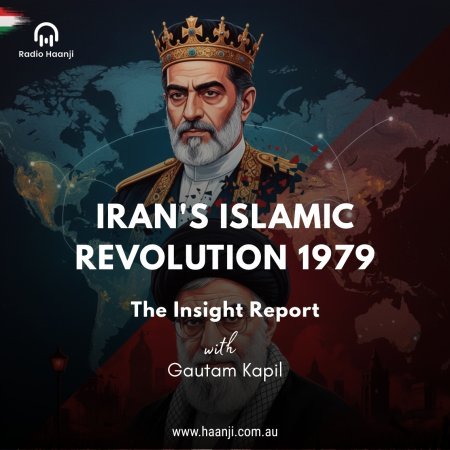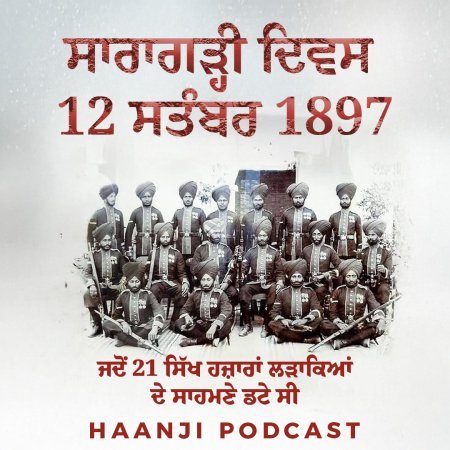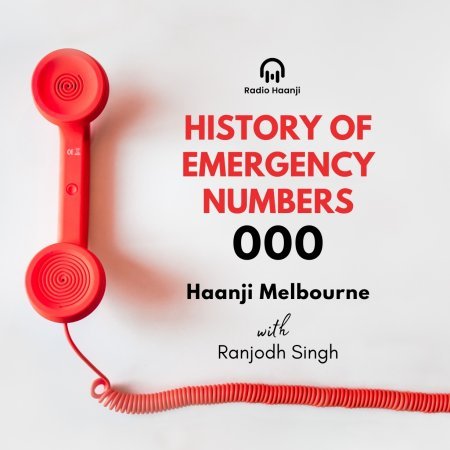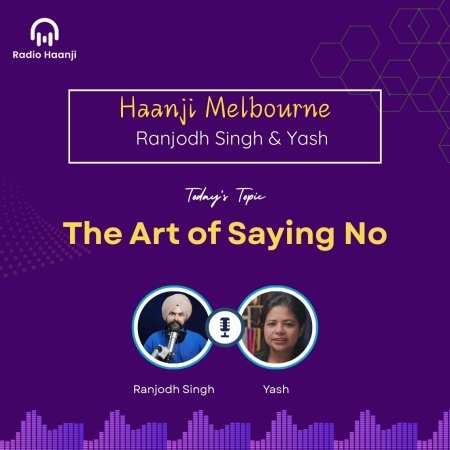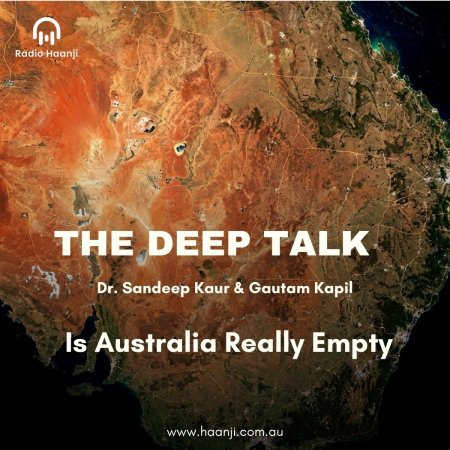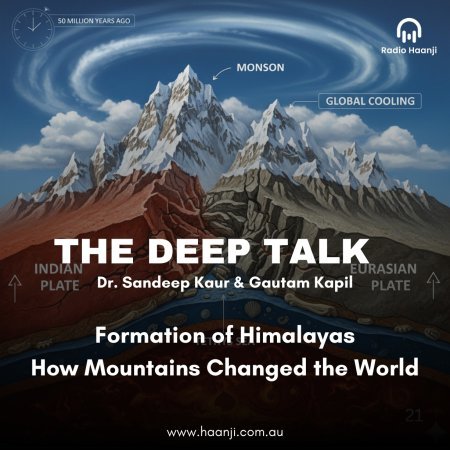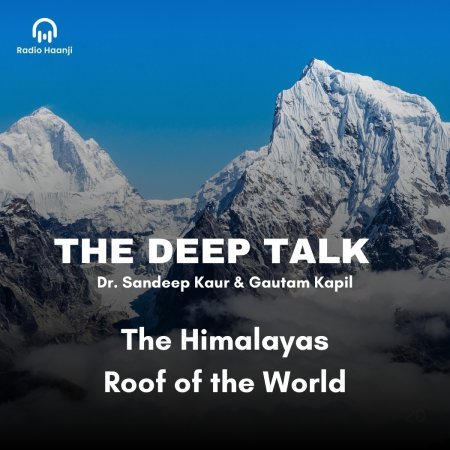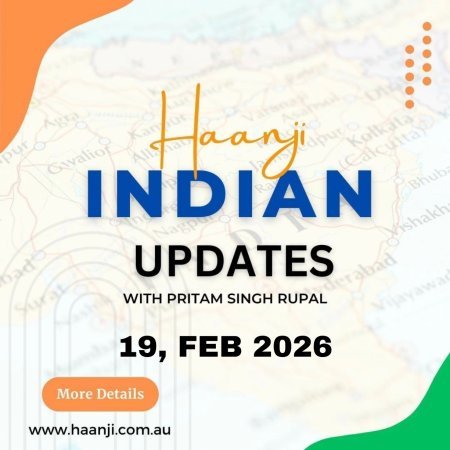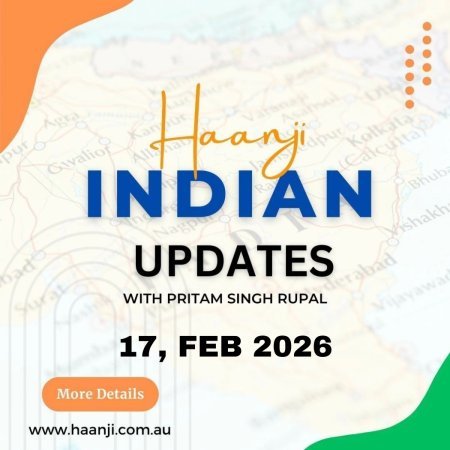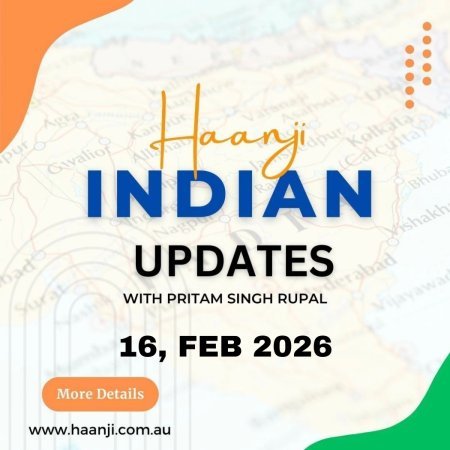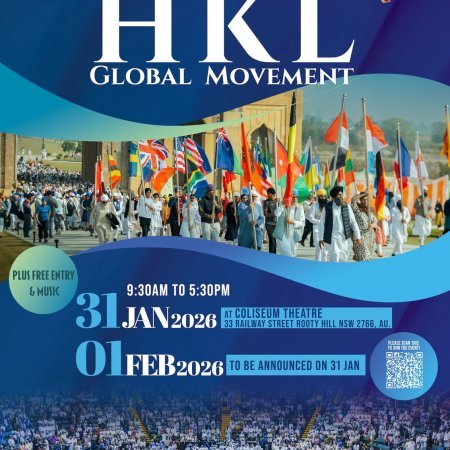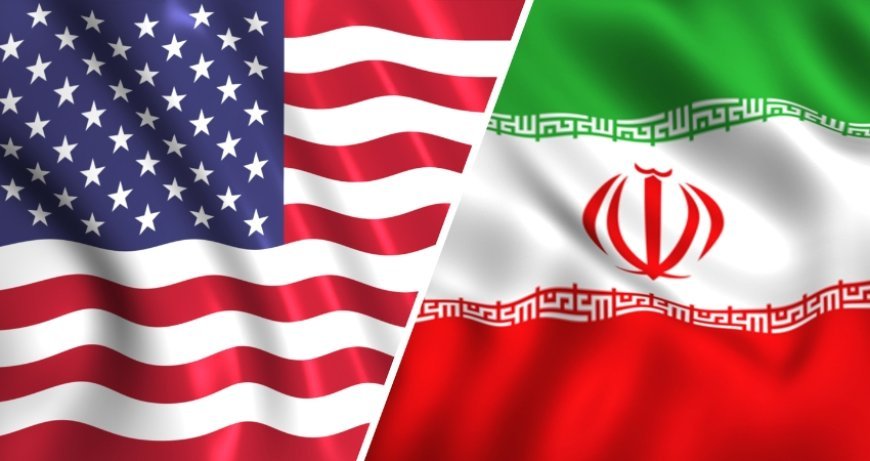ਅਮਰੀਕਾ-ਭਾਰਤ ਵਪਾਰ ਗੱਲਬਾਤ ਰੁਕੀ, ਟਰੰਪ ਨੇ ਟੈਕਸ ਵਿਵਾਦ ਸੁਲਝਾਉਣ ਦੀ ਸ਼ਰਤ ਰੱਖੀ
ਅਮਰੀਕੀ ਰਾਸ਼ਟਰਪਤੀ ਡੋਨਾਲਡ ਟਰੰਪ ਨੇ ਭਾਰਤ ਨਾਲ ਵਪਾਰ ਗੱਲਬਾਤ ਰੋਕ ਦਿੱਤੀ ਹੈ ਅਤੇ ਕਿਹਾ ਹੈ ਕਿ ਜਦੋਂ ਤੱਕ ਟੈਕਸ ਵਿਵਾਦ ਸੁਲਝ ਨਹੀਂ ਜਾਂਦਾ, ਗੱਲਬਾਤ ਨਹੀਂ ਹੋਵੇਗੀ। ਅਮਰੀਕਾ ਨੇ ਭਾਰਤੀ ਵਸਤਾਂ 'ਤੇ 50 ਫੀਸਦੀ ਟੈਕਸ ਲਗਾਇਆ ਹੈ, ਜਿਸ ਦਾ ਕਾਰਨ ਭਾਰਤ ਦੀ ਰੂਸੀ ਤੇਲ ਦੀ ਖਰੀਦ ਨੂੰ ਦੱਸਿਆ ਗਿਆ ਹੈ। ਪ੍ਰਧਾਨ ਮੰਤਰੀ ਨਰਿੰਦਰ ਮੋਦੀ ਨੇ ਕਿਹਾ ਕਿ ਭਾਰਤ ਕਿਸਾਨਾਂ ਅਤੇ ਮਛੇਰਿਆਂ ਦੇ ਹਿੱਤਾਂ ਦੀ ਰੱਖਿਆ ਲਈ ਕੋਈ ਸਮਝੌਤਾ ਨਹੀਂ ਕਰੇਗਾ।
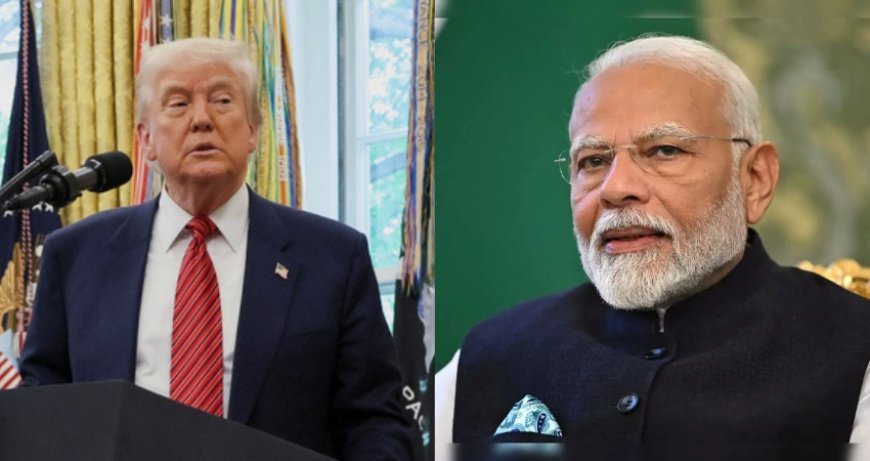
ਅਮਰੀਕੀ ਰਾਸ਼ਟਰਪਤੀ ਡੋਨਾਲਡ ਟਰੰਪ ਨੇ ਕਿਹਾ ਹੈ ਕਿ ਜਦੋਂ ਤੱਕ ਭਾਰਤ ਨਾਲ ਟੈਕਸ ਵਿਵਾਦ ਸੁਲਝ ਨਹੀਂ ਜਾਂਦਾ, ਉਦੋਂ ਤੱਕ ਅਮਰੀਕਾ ਅਤੇ ਭਾਰਤ ਵਿਚਕਾਰ ਵਪਾਰ ਗੱਲਬਾਤ ਨਹੀਂ ਹੋਵੇਗੀ। ਇਹ ਬਿਆਨ ਉਸ ਸਮੇਂ ਆਇਆ ਜਦੋਂ ਅਮਰੀਕਾ ਨੇ ਭਾਰਤੀ ਵਸਤਾਂ 'ਤੇ ਟੈਕਸ ਨੂੰ ਦੁੱਗਣਾ ਕਰਕੇ 50 ਫੀਸਦੀ ਕਰ ਦਿੱਤਾ ਹੈ। ਬੁੱਧਵਾਰ ਨੂੰ ਵ੍ਹਾਈਟ ਹਾਊਸ ਨੇ ਇੱਕ ਹੁਕਮ ਜਾਰੀ ਕੀਤਾ, ਜਿਸ ਵਿੱਚ ਭਾਰਤੀ ਵਸਤਾਂ 'ਤੇ ਵਾਧੂ 25 ਫੀਸਦੀ ਟੈਕਸ ਲਗਾਇਆ ਗਿਆ, ਜਿਸ ਨਾਲ ਕੁੱਲ ਟੈਕਸ 50 ਫੀਸਦੀ ਹੋ ਗਿਆ। ਅਮਰੀਕੀ ਪ੍ਰਸ਼ਾਸਨ ਨੇ ਇਸ ਦਾ ਕਾਰਨ ਰਾਸ਼ਟਰੀ ਸੁਰੱਖਿਆ ਅਤੇ ਵਿਦੇਸ਼ ਨੀਤੀ ਦੀਆਂ ਚਿੰਤਾਵਾਂ ਦੱਸਿਆ, ਖਾਸ ਕਰਕੇ ਭਾਰਤ ਵੱਲੋਂ ਰੂਸੀ ਤੇਲ ਦੀ ਖਰੀਦ ਨੂੰ। ਅਮਰੀਕਾ ਦਾ ਕਹਿਣਾ ਹੈ ਕਿ ਭਾਰਤ ਦੀ ਰੂਸੀ ਤੇਲ ਦੀ ਖਰੀਦ ਅਮਰੀਕੀ ਹਿੱਤਾਂ ਲਈ "ਅਸਧਾਰਨ ਖਤਰਾ" ਹੈ।
ਇਸ ਹੁਕਮ ਅਨੁਸਾਰ, ਪਹਿਲਾ 25 ਫੀਸਦੀ ਟੈਕਸ 7 ਅਗਸਤ ਨੂੰ ਲਾਗੂ ਹੋਇਆ ਸੀ, ਅਤੇ ਵਾਧੂ 25 ਫੀਸਦੀ ਟੈਕਸ 27 ਅਗਸਤ ਤੋਂ ਲਾਗੂ ਹੋਵੇਗਾ। ਇਹ ਟੈਕਸ ਸਾਰੀਆਂ ਭਾਰਤੀ ਵਸਤਾਂ 'ਤੇ ਲੱਗੇਗਾ, ਸਿਵਾਏ ਉਹਨਾਂ ਦੇ ਜੋ ਪਹਿਲਾਂ ਹੀ ਰਸਤੇ ਵਿੱਚ ਹਨ ਜਾਂ ਖਾਸ ਛੋਟ ਵਿੱਚ ਆਉਂਦੀਆਂ ਹਨ। ਅਮਰੀਕੀ ਸਰਕਾਰ ਨੇ ਇਹ ਵੀ ਕਿਹਾ ਕਿ ਇਹ ਟੈਕਸ ਬਦਲਦੀਆਂ ਸਥਿਤੀਆਂ ਜਾਂ ਭਾਰਤ ਦੇ ਜਵਾਬੀ ਕਦਮਾਂ ਅਨੁਸਾਰ ਬਦਲ ਸਕਦੇ ਹਨ।
ਭਾਰਤ ਦੇ ਪ੍ਰਧਾਨ ਮੰਤਰੀ ਨਰਿੰਦਰ ਮੋਦੀ ਨੇ ਇਸ ਦਾ ਸਖ਼ਤ ਜਵਾਬ ਦਿੱਤਾ। ਨਵੀਂ ਦਿੱਲੀ ਵਿੱਚ ਐਮ.ਐਸ. ਸਵਾਮੀਨਾਥਨ ਸੈਂਚੁਰੀ ਅੰਤਰਰਾਸ਼ਟਰੀ ਕਾਨਫਰੰਸ ਦੌਰਾਨ ਉਹਨਾਂ ਨੇ ਕਿਹਾ, "ਸਾਡੇ ਲਈ ਕਿਸਾਨਾਂ ਦਾ ਹਿੱਤ ਸਭ ਤੋਂ ਪਹਿਲਾਂ ਹੈ। ਭਾਰਤ ਕਿਸਾਨਾਂ, ਮਛੇਰਿਆਂ ਅਤੇ ਦੁੱਧ ਉਤਪਾਦਕਾਂ ਦੇ ਹਿੱਤਾਂ ਨਾਲ ਕਦੇ ਸਮਝੌਤਾ ਨਹੀਂ ਕਰੇਗਾ। ਮੈਂ ਜਾਣਦਾ ਹਾਂ ਕਿ ਸਾਨੂੰ ਇਸ ਦੀ ਵੱਡੀ ਕੀਮਤ ਚੁਕਾਉਣੀ ਪਵੇਗੀ, ਪਰ ਮੈਂ ਅਤੇ ਭਾਰਤ ਇਸ ਲਈ ਤਿਆਰ ਹੈ।" ਭਾਰਤ ਨੇ ਹਮੇਸ਼ਾ ਖੇਤੀਬਾੜੀ ਅਤੇ ਦੁੱਧ ਦੇ ਖੇਤਰ ਨੂੰ ਅੰਤਰਰਾਸ਼ਟਰੀ ਮੁਕਾਬਲੇ ਤੋਂ ਬਚਾਉਣ ਦੀ ਕੋਸ਼ਿਸ਼ ਕੀਤੀ ਹੈ, ਕਿਉਂਕਿ ਇਹ ਲੱਖਾਂ ਪੇਂਡੂ ਲੋਕਾਂ ਦੀ ਰੋਜ਼ੀ-ਰੋਟੀ ਨਾਲ ਜੁੜਿਆ ਹੈ।
ਭਾਰਤ ਦੇ ਵਿਦੇਸ਼ ਮੰਤਰਾਲੇ ਨੇ ਅਮਰੀਕਾ ਦੇ ਇਸ ਫੈਸਲੇ ਨੂੰ "ਅਨੁਚਿਤ, ਬੇਇਨਸਾਫ਼ੀ ਅਤੇ ਗੈਰ-ਵਾਜਬ" ਦੱਸਿਆ ਅਤੇ ਕਿਹਾ ਕਿ ਭਾਰਤ ਆਪਣੇ ਰਾਸ਼ਟਰੀ ਹਿੱਤਾਂ ਦੀ ਰੱਖਿਆ ਲਈ ਸਾਰੇ ਜ਼ਰੂਰੀ ਕਦਮ ਚੁੱਕੇਗਾ। ਇਸ ਮੁੱਦੇ ਨੇ ਦੋਵਾਂ ਦੇਸ਼ਾਂ ਵਿਚਕਾਰ ਵਪਾਰਕ ਤਣਾਅ ਨੂੰ ਹੋਰ ਵਧਾ ਦਿੱਤਾ ਹੈ, ਕਿਉਂਕਿ ਦੋਵੇਂ ਪੱਖ ਆਪਣੀ ਆਰਥਿਕ ਨੀਤੀ ਅਤੇ ਰਾਸ਼ਟਰੀ ਹਿੱਤਾਂ 'ਤੇ ਅੜੇ ਹੋਏ ਹਨ।
U.S. President Donald Trump has stated that trade talks with India will not proceed until the tax dispute is resolved. This announcement comes after the U.S. doubled tariffs on Indian goods to 50 percent. On Wednesday, the White House issued an executive order imposing an additional 25 percent tariff on Indian goods, bringing the total tariff to 50 percent. The U.S. administration cited national security and foreign policy concerns, specifically pointing to India’s continued purchase of Russian oil. The U.S. claims that India’s import of Russian oil poses an “extraordinary threat” to American interests.
According to the executive order, the initial 25 percent tariff took effect on August 7, and the additional 25 percent tariff will apply from August 27. These tariffs will affect all Indian goods entering U.S. ports, except for those already in transit or falling under specific exemptions. The U.S. government also noted that these tariffs could be adjusted based on changing circumstances or India’s retaliatory actions.
India’s Prime Minister Narendra Modi responded firmly to this move. During a speech at the M.S. Swaminathan Centenary International Conference in New Delhi, he said, “For us, the interest of our farmers is the top priority. India will never compromise on the interests of farmers, fishermen, and the dairy sector. I know we will have to pay a heavy price for it, but I am ready, and India is ready.” India has consistently worked to protect its agriculture and dairy sector from international competition, as these are tied to the livelihoods of millions of rural people.
India’s Ministry of External Affairs called the U.S. decision “unfair, unjustified, and unreasonable” and stated that India will take all necessary steps to protect its national interests. This issue has further escalated trade tensions between the two countries, as both sides remain firm on their economic policies and national interests.
What's Your Reaction?







